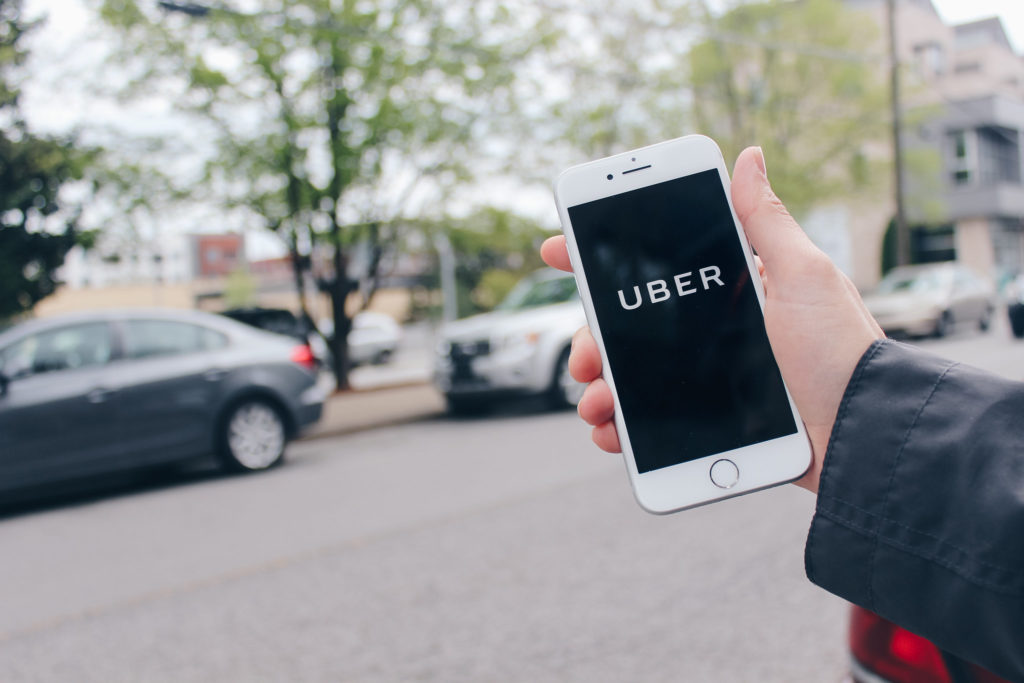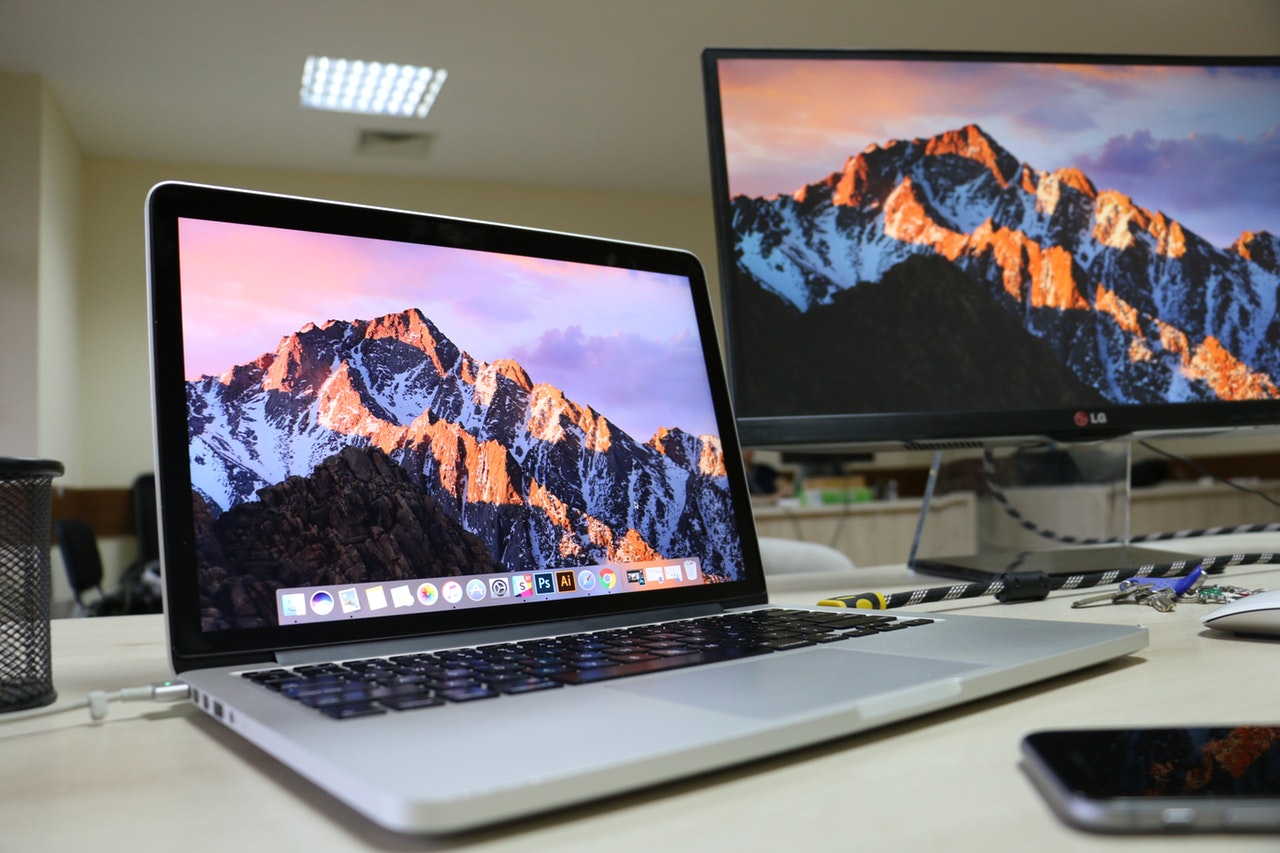Things are continuing to look bleak for Uber. After a rocky public debut that the company had earlier this month, its first earnings report post debut isn’t painting a very bright picture either. The company has reported losses worth $1 Billion, despite overall increase in revenues.
Gross bookings rose 34% to $14.6 billion in the same time period. The growth however was driven by Uber Eats, as it continued to show notable growth. The overall ride-hailing business has not shown as aggressive a growth, as the company’s food delivery service. What’s worth noting though, that ride-hailing is a now a maturing business for the company while food delivery is a fresh case.
In terms of both positive and negative stock predictions, NYSE: UBER fluctuated ahead of the news. The stock ultimately closed down .25% at $39.90 per share, priced rather comfortably against most expectations. Major fluctuations were not seen in the stock, largely because the company had declared in its IPO paperwork, that it is expecting losses between $1 to $1.1 Billion.
“Earlier this month we took the important step of becoming a public company, and we are now focused on executing our strategy to become a one-stop shop for local transportation and commerce,” Uber chief Dara Khosrowshahi said in a statement. “In the first quarter, engagement across our platform was higher than ever, with an average of 17 million trips per day and an annualized gross bookings run-rate of $59 billion.”
Uber’s overall public market scene hasn’t been good. While the hugely anticipated public debut turned out to be far below expectations, the share price is yet to reach even the company’s own listed price levels. That too, after almost 3 weeks have passed since its listing. Investors have also been let down on the valuation front. The company was expected to be valued near about $100 Billion at its debut, but instead sits at $67 Billion as of now. That is lesser than what it was valued at in its last private investment round.
FEATURED IMAGE: FLICKR // QUOTE CATALOG // CC 2.0 LICENSE
The Tech Portal is published by Blue Box Media Private Limited. Our investors have no influence over our reporting. Read our full Ownership and Funding Disclosure →






